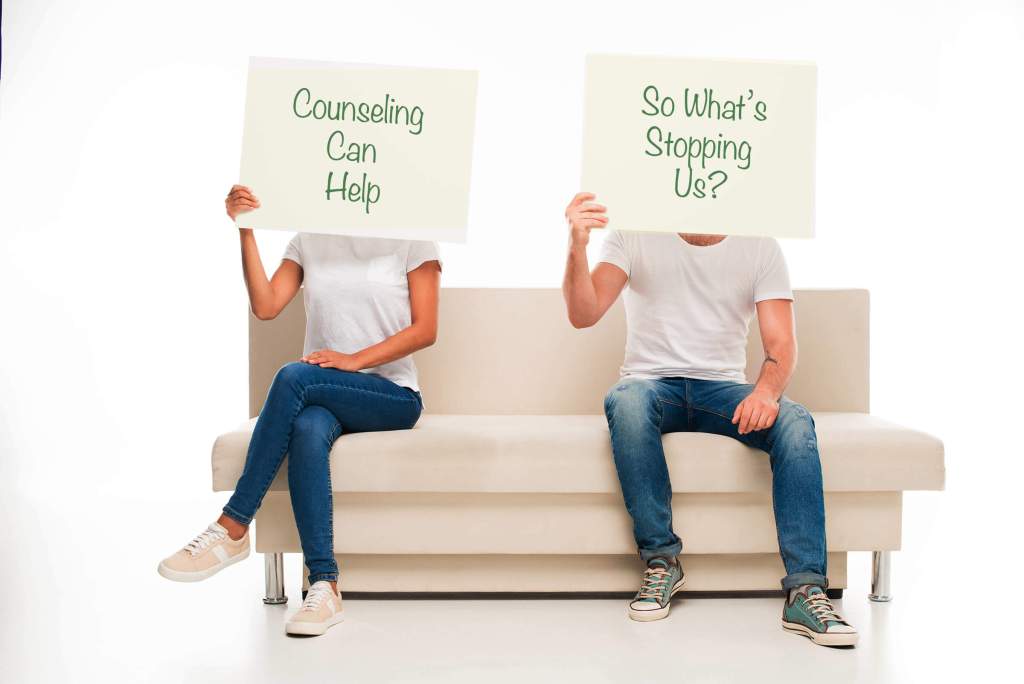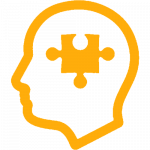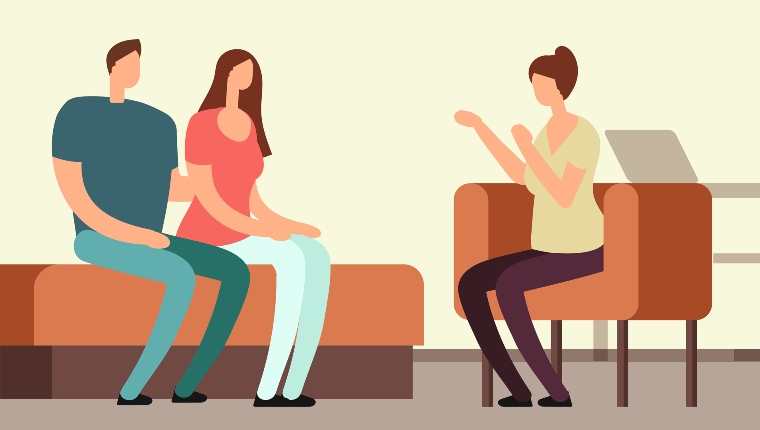
Marital Therapy or Relationship Counselling
The institution of marriage is essential in our society to ensure commitment and continuous support to cope up with the ever-changing conditions and demands posed in the course of life of an individual and, thus, fulfilling the need for companionship and ensuring psychological, social and emotional well being of the two persons making a couple.
However, in the present world, many forces are at work to lessen the significance of marriage. Particularly the factors, such as each partner trying to self actualize and grow as a wise individual in life, thereby weakening the needs of the couple as a unit; open expression among partners about contrasts in opinions that breeds mutual disliking; weak involvement patterns; impulsive decisions regarding keeping or calling off a relationship etc. result in quick breakups and divorces.
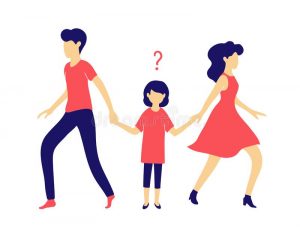
These days more women are opting to shift to single parents. On the other hand, children of divorced parents do less well at school, in employment and often experience depression, low self-esteem and neurotic symptoms than those with parents staying together. In fact, the impact on divorcing partners is also multifold. It cannot be undermined in the light of an end to an ineffective and distressing relationship.
These days more women are opting to shift to single parents. On the other hand, children of divorced parents do less well at school, in employment and often experience depression, low self-esteem and neurotic symptoms than those with parents staying together. In fact, the impact on divorcing partners is also multifold. It cannot be undermined in the light of an end to an ineffective and distressing relationship.
Now the marriage itself is becoming less popular. Instead, people choose to stay alone, involve in pre or extramarital affairs or commit themselves to live-in connections that might or might not continue for long. Whether a marriage has solemnified between two individuals or in a live-in combination, the two people try to address the need for companionship and invariably form a couple. Any couple relationship is vulnerable and might go into challenging phases wherein the need for professional help can be felt to save it.
Helping couples to stay together, however, is not the sole purpose of counselling. It can also effectively deal with many of the diverse problems that affect companions in a relationship. The intervention of this kind is usually sought because the conflict in a relationship appears to be the cause of emotional disorder in at least one of the partners, such as depression or because the relationship is unsatisfactory and is likely to break up. Both the partners wish to save it.
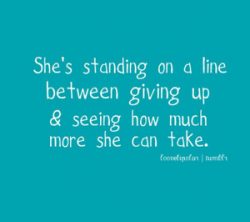
1) Faulty communication patterns: Distressed couples have few pleasant and rewarding interactions with each other but many angry, blaming or punishing ones. A typical way that can be identified in this regard is exchanged negative behaviour. If one spouse behaves negatively, the partner is likely to respond in kind, thus starting a chain of heightened negative interactions.

2) Wrong patterns of emotional response: Distressed couples can be seen to have more impulsive, strong and negative reactions. High reactivity in distressed couples may increase the likelihood of misinterpretation and poor communication. Since spouses are so used to feeling attacked, they may cease to listen carefully to one another and instead be prepared for a counterattack to the initial criticism.

3) Weak coping skills and failure to fix conflicts: Distressed relationships are further characterized by an inability to resolve disputes. Lack of conflict resolution skills leaves couples with an accumulation of unresolved fights and conflicts built up over the history of their relationship.

4) Reinforcement deficiency: This occurs when companions lose satisfaction once in the relationship. This might be attributed to habituation: pleasing behaviours at one time are not as important anywhere. They may fail to appreciate each other’s efforts, take each other for granted or have new and different needs that their partners have not yet learned to meet. One or both spouses may have stopped doing some of the nice things that formerly helped provide many warm feelings.

REASONS FOR MARITAL OR RELATIONSHIP ISSUES
- -Violent behaviours of partners.
- -Substance or drug abuse
- -Personality issues.
- -Lack of cooperation in the family.
- -Role shifting.
- -Inability to spend enough time together.
- -Early marriage.
- -Married for the wrong reasons
- -Inability to deal with changes.
- -Becoming parents.
- -Physical dissatisfaction.
- -Emotional disconnect.
- -Disagreements on core values.
- -Differing life priorities.
- -Issues related to children and other families.
- -Suspiciousness on partner’s fidelity.
- -Lack of effective communication and financial problems.
WHEN TO SEEK FOR RELATIONSHIP OR MARRIAGE COUNSELLING
- You’re experiencing communication issues.
- Your trust has been broken.
- You feel like roommates.
- You’re only staying together for the children.
- You’ve been into a difficult change or life event.
- You’re about to get married.
- You’re experiencing sexual issues.
- You’ve become part of a blended family.
- Difficulties with extended family, friends, and/or other relationships
THE FEAR OF COUNSELLING
For many couples, counselling can be irrelevant and confusing. Sharing intimate personal details about yourself and the relationship can feel daunting and a little overwhelming.
Ofter marital or relationship counselling is considered a huge step. Of course, It’s a process that takes a lot of effort with the scheduling. When only one party is interested in seeking assistance, it can be difficult to convince their partner to participate.
Relationship counselling is best when both parties attend. However, individual relationship counselling can be just as effective if one party isn’t keen.
